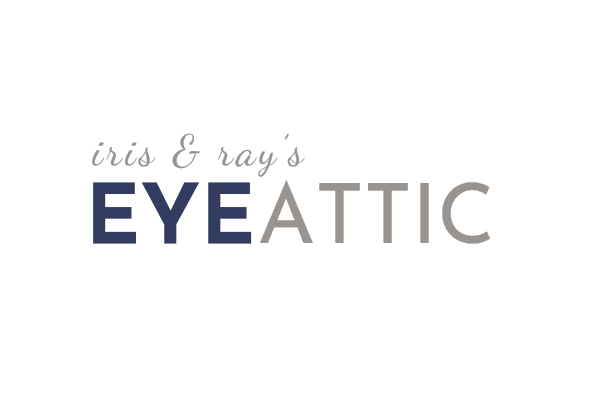
Frequently Asked Questions
Eye Exams and Appointments
Vision Correction
Insurance and Billing
Additional Questions
- How often should I get an eye exam? This depends on your age and eye health. Generally, adults without eye problems or corrective lenses need exams every two years, while those with glasses or contacts or over 60 need yearly exams. More frequent exams may be needed for certain health conditions.
- What will happen during my eye exam? A typical exam includes a vision test, an eye pressure test, and an examination of the internal and external structures of the eye. Pupil dilation may be used for a more thorough examination.
- Do I need to dilate my pupils for the exam? Not always, but it may be necessary for a better look at the inside of your eye. Dilation is painless and wears off after a few hours.
- What should I bring to my appointment? Bring your current glasses or contacts, a list of medications, your insurance card, and any questions you have.
Vision Correction
- How do I know if I need glasses or contacts? If you experience blurred vision, headaches, or eye strain, it's a good idea to get an eye exam. An optometrist can determine if corrective lenses are right for you.
- Can I wear contacts if I have astigmatism? Yes, there are special toric contact lenses designed to correct astigmatism.
- What are the different types of glasses? There are many types, including single vision, bifocals, trifocals, progressives, and computer glasses. Your optometrist can recommend the best type for your needs.
- Will my eyes get worse if I wear glasses all the time? No, this is a common myth. Wearing glasses won't make your vision worsen, it just corrects your current vision.
Insurance and Billing
- Do you accept my insurance? Many optometrists accept a variety of vision insurance plans. Call the office to confirm which plans they accept and what your out-of-pocket costs might be.
- What forms of payment do you accept? Most optometrists accept cash, credit cards, and debit cards. Some may also accept flexible spending accounts (FSAs) or health savings accounts (HSAs).
Additional Questions
- What can I do to keep my eyes healthy? Regular eye exams, a healthy diet, and protecting your eyes from UV rays are all important for good eye health.
- Can you treat eye diseases? Optometrists can diagnose and treat some eye diseases, but may refer you to an ophthalmologist for more complex conditions.
- Do you offer contact lens fitting? Yes, most optometrists can fit you for contact lenses and teach you how to wear and care for them properly.
